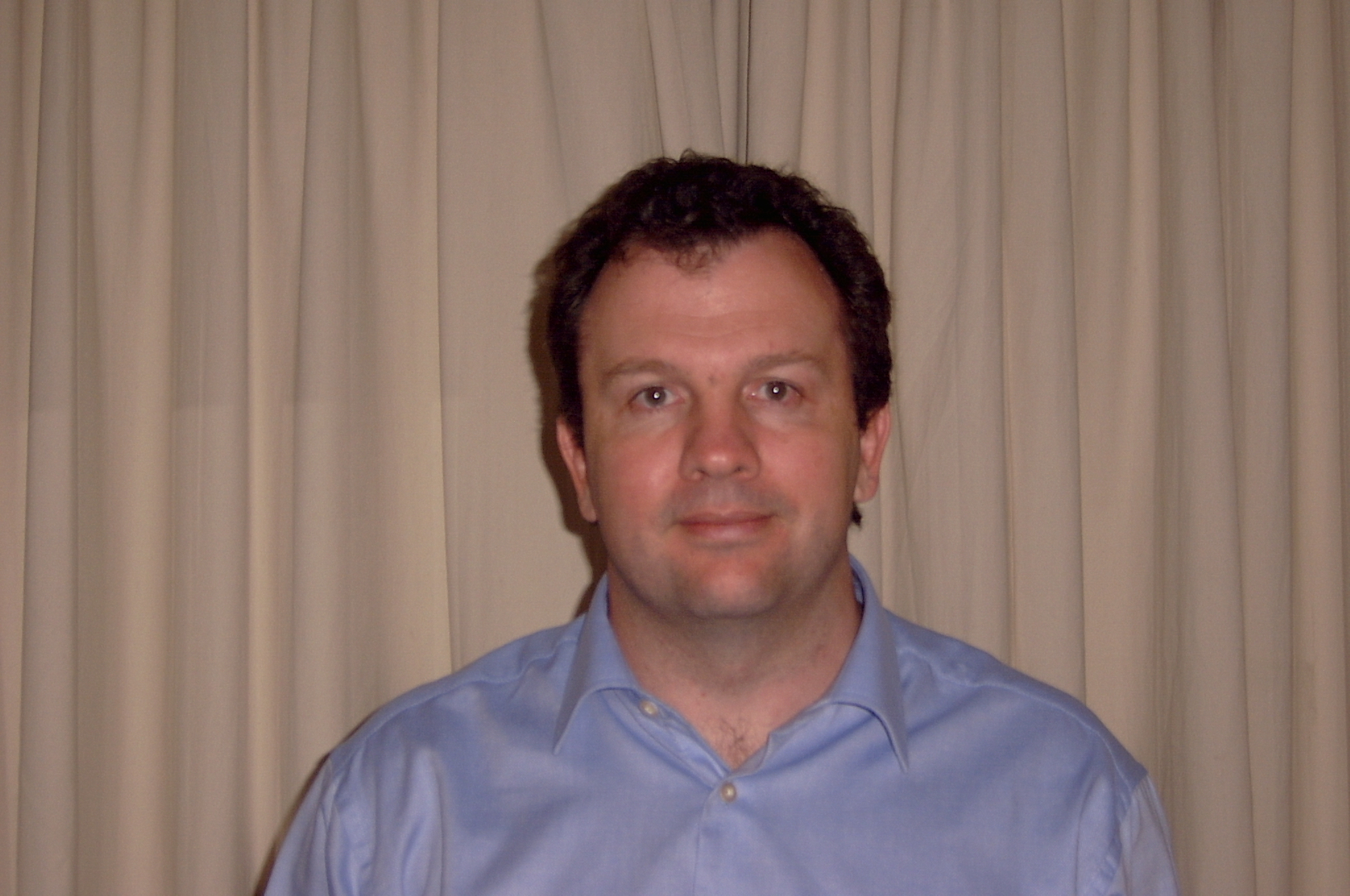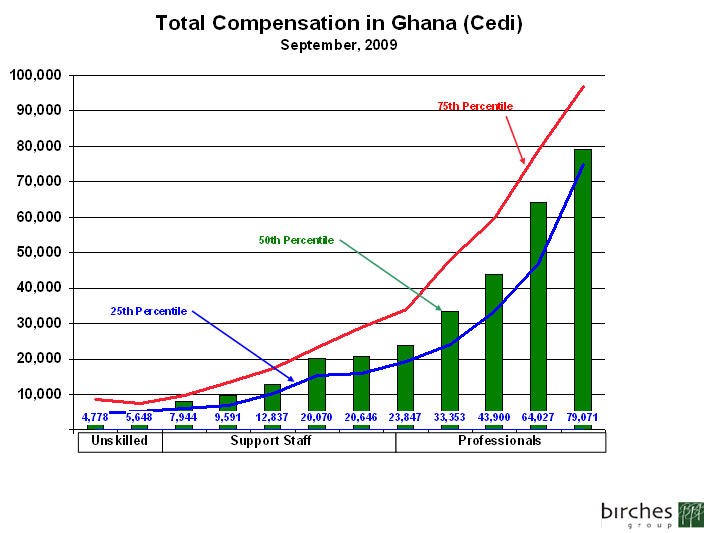 Author:
Author:
Yendor Felgate – Emergence Consulting
I am continually reminded in my coaching that folk remain under pressure as we enter the new year. Rather than refreshing over the holiday period, many of us have brought our work, life and family challenges straight into the new year.
We probably don’t sufficiently acknowledge in difficult times that it requires huge amounts of additional energy and effort to produce the same results. This means that if we do not change the way we work and live, time will vanish even faster and we will not achieve as much.
In an effort to work smarter and enjoy the journey more in our never ending search for better results, I offer two approaches that have benefited me personally. The first refers to the gift of time and the other is about living in the moment.
“Stop, Start, Go” Test
I often ask people what they can stop doing. This tends to be an uncomfortable question. Few of us seemingly want to stop being ridiculously busy. It is almost as if being busy is the same as being valuable. Being busy in this sense is both addictive and a habit. As with all addictions, it is seductive and comes at a price.
The test is an easy one.
- List all your activities for the last week.
- Identify those activities that directly relate to your purpose or objectives.
- The rest you can stop.
The difficulty is implementing this. The world will simply not understand at first what you are doing. However, keep going, they will catch on.
This is a tremendous team building opportunity. Not surprisingly, people respond better to this than the traditional approach of being told to do more, or being harangued about needing to improve. It does, though, require a willingness to simplify.
Simplicity is about having clarity on what is really important, rather than dumbing down.
Stop
The next hurdle is being told that there is nothing that can be stopped. Let’s test this. We ran the stop, start, go test on executive meetings at a banking client. By simply doing away with unnecessary meetings and reducing meeting times, we gave back 20% of executives’ time. How valuable would this be to you and your organisation?
Some other thoughts on stopping:
- Stop emailing instead of doing real work
- Stop doing things in triplicate
- Stop being accessible 24/7
- Stop asking your team leader to sign or see everything
- Stop rework
- Stop second guessing others
- Stop worrying about things you have no control over
Start
Start saying “NO” to things that are not important. The discomfort arises when we ask people when last they said ‘no’ to anything.
The conversation often starts with I cannot stop anything (you already know the answer to this) and ends with I cannot remember when last I said ‘no’. Start saying “YES” to important things, but just be clear on what this is.
There is of course an art to saying “NO” and includes things like:
- Not taking other people’s monkeys
- You cannot live other people’s lives for them
- Empowering others to make their own decisions
- Sharing knowledge and information for others to implement
If people understand that you are trying to help them to help themselves, saying “NO” is easy. Just remember, ‘no’ means ‘no’.
Go
The point is not to fill the time you have freed up with more work. The “GO” aspect is about getting and keeping your balance. You get the balance that you deserve. In other words, if you allow work to intrude, you end up working. The “GO” adage is go live your life.
This is almost impossible unless you live in the moment.
Living in the Moment
Living in the moment is a coaching term that refers to acknowledging and being present – the here and now. When I ask this question, I am often told that “of course I am here and focused”, “just let me check my email”.
I think being able to parallel process is a wonderful gift, but the larger skill is ensuring people receive your full attention. If you are not sure what this means, then watch children at play.
By being in the moment, you make better decisions, people respond better and you are more alive to possibility, than by keeping half your mind on the next meeting, and the next…….
I look forward to hearing your stop, start, go stories, so please share them with us. Here is to the possibility of living in the moment this year!
More About Yendor:

 Author:
Author:



You must be logged in to post a comment.